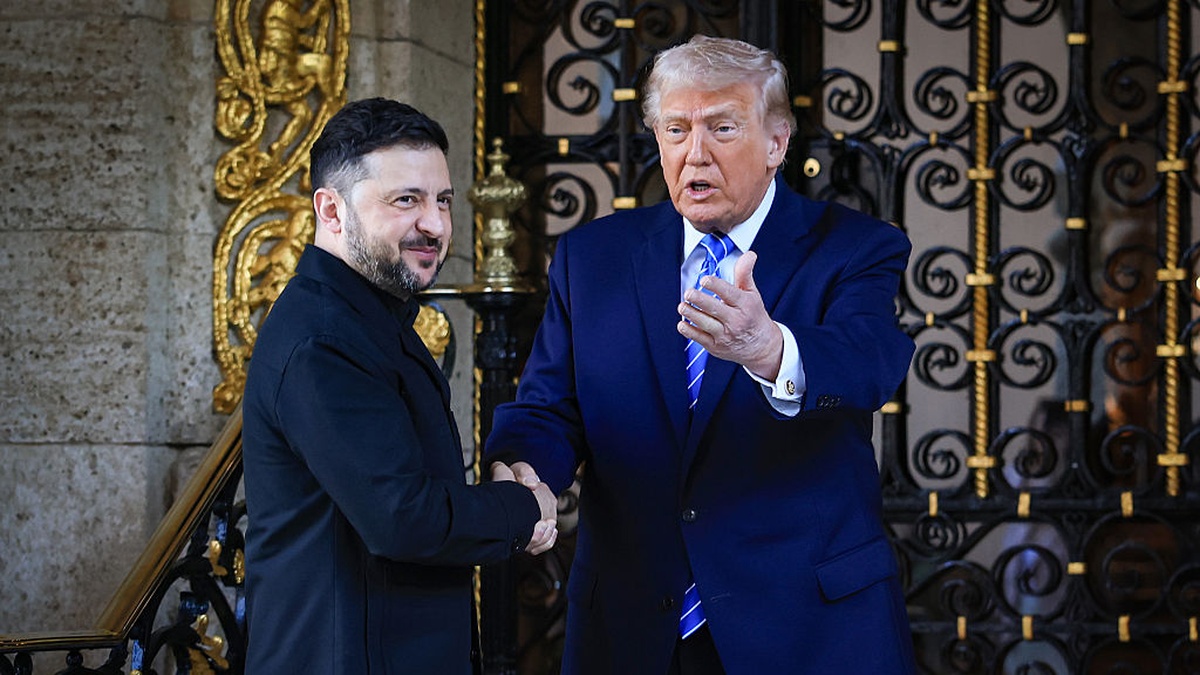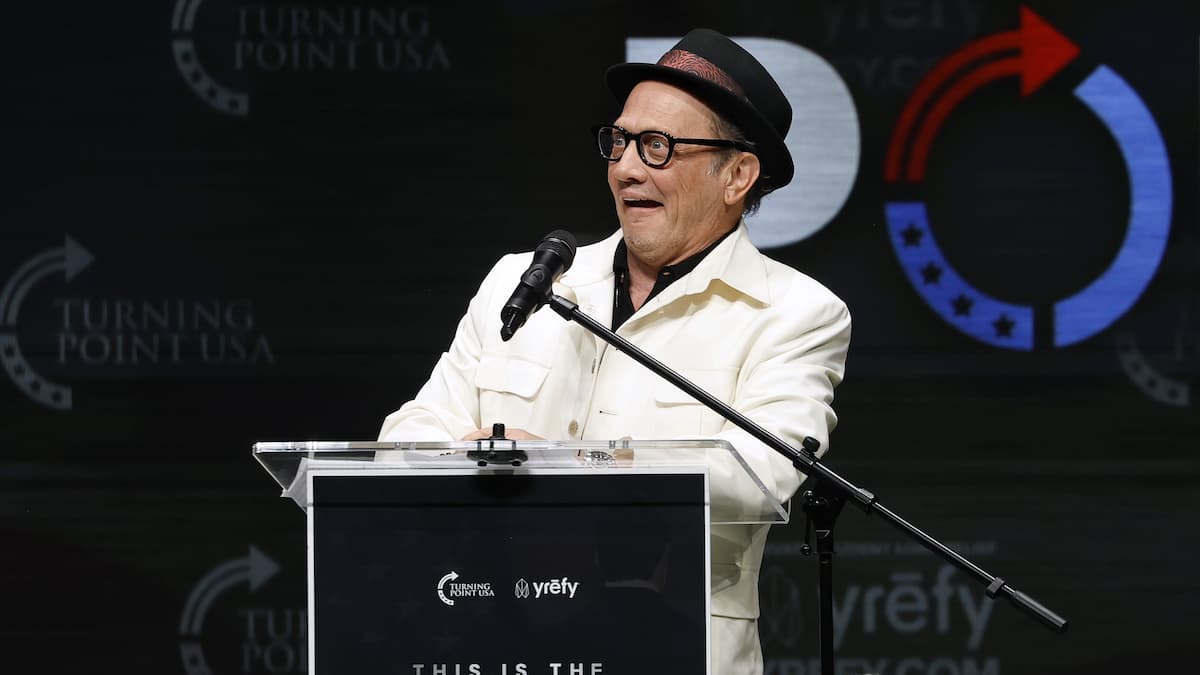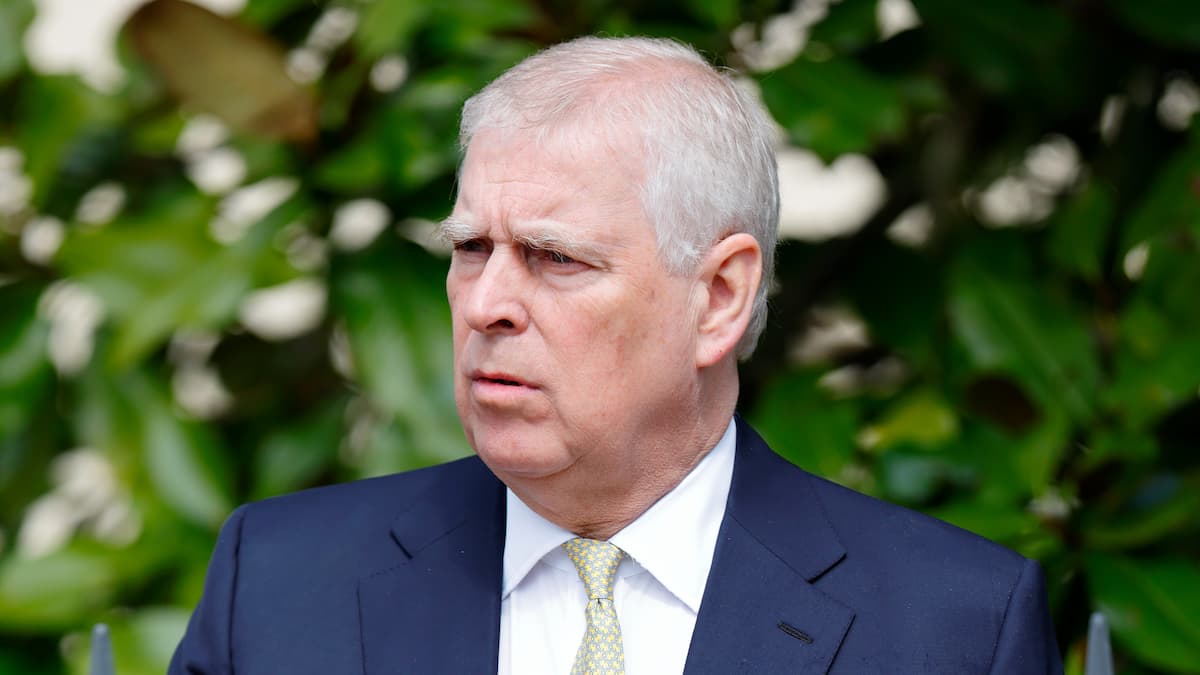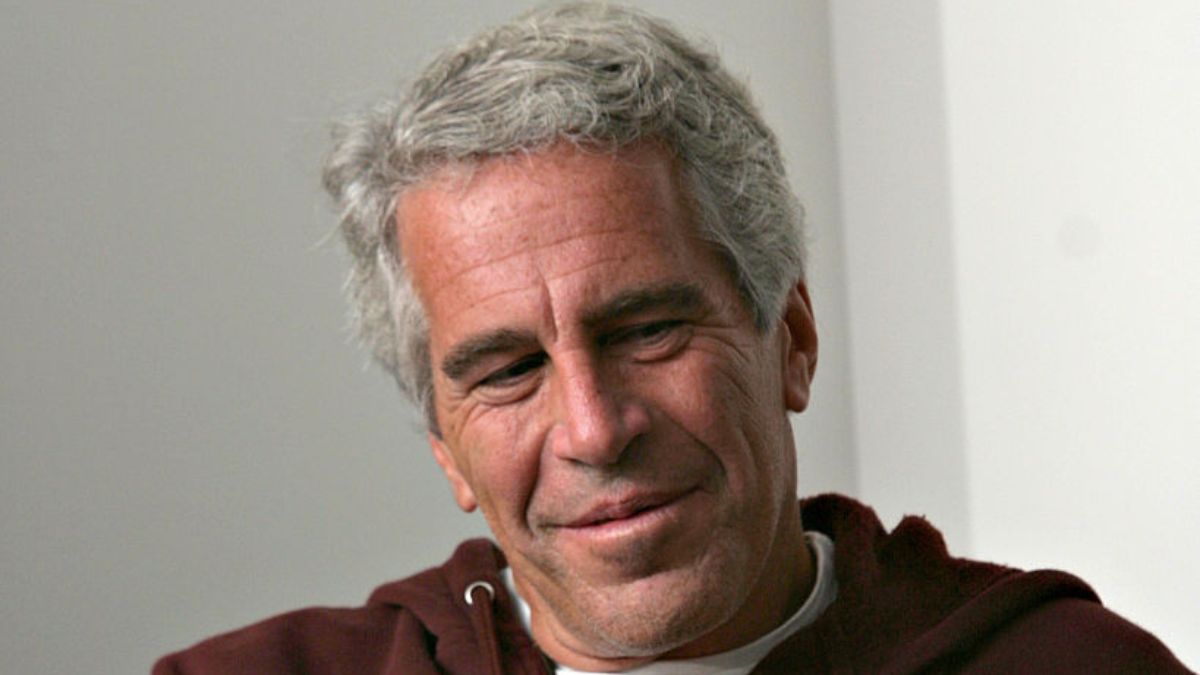From this fan’s point of view, the strongest installments of season 11 up to this point were the two historicals. “Rosa” and “Demons of the Punjab” might not have been typical Doctor Who fare, but they were brave enough to tell bold, emotional human stories that had some strong contemporary messages about our current society. On paper, “The Witchfinders” – a tale which takes the TARDIS team to the witch trials of 17th century England – had much the same power. Unfortunately, though, the end result doesn’t pack enough of a punch to measure up to those episodes. However, that’s not to say it isn’t still a very enjoyable watch.
Following last week’s “Kerblam!”, the gleeful disregarding of the show’s tropes seen in the first half of the series have been sidestepped for another fairly traditionally-plotted adventure. Again, like writer Pete McTighe, fellow newcomer Joy Wilkinson clearly has a firm grasp on what makes a Doctor Who story work as well as making solid use of companions Ryan, Yaz and Graham and keeping the Doctor at the front of the action in a way that she hasn’t always been this year. There’s perhaps a pacing problem, with a little too much standing and talking in the first half hour, but that kind of fits the old fashioned feel.
In fact, “The Witchfinders” is noticeable for being the first episode this year that really hinges on the Doctor becoming a woman. Though her newfound gender has caused her some issues in previous historical episodes, this time around, the Time Lord properly discovers how terrible it was to be a woman in the middle ages. In one memorable quote, she retorts: “These are hard times for women – if we’re not being drowned, we’re being patronized to death.” Conversely – or perhaps deliberately to counteract this – the episode paints the Doctor as the most Doctorish Thirteen has been so far, taking charge, making the right deductions and not suffering fools gladly.
Perhaps inevitably, with her gadgets and the general theme of sexism against strong women, the Doctor finds herself accused of witchcraft and for conspiring with Satan. Interestingly, her accuser is another strong-willed, though thoroughly despicable, woman in the form of Lady Becka Savage (Downton Abbey‘s Siobhan Finneran), who’s making up for her own evil ways by sentencing the women of Bilehurst Cragg, including her own family, to death as witches. Finneran makes for a strong central villain for the majority of the episode, though unfortunately things get a bit muddled – pun very much intended – when the real foes show up.
It turns out the rising of the dead is all down to the Morax, evil mud-based aliens released from their prison in a Lancashire hill. One the one hand, it’s pleasing to have some actual, bonafide nasty monsters for the Doctor to fight – this year has been all about human evil – but the last ten minutes don’t have the impact they should as they’re essentially one big, frantic info-dump. Fans wishing for a fully fleshed-out extraterrestrial threat this season will still have to wait, but at least the visual of the muddy corpses milling through the woods was a creepy one.
With apologies to Jodie Whittaker, who’s as great as ever, the real star of this episode has to be Alan Cumming as King James I. Fans were eager to see the actor appear for a guest spot on the show – after he turned down the part of the Doctor many years ago, remember – and he doesn’t disappoint. You could argue that his larger-than-life performance doesn’t quite fit with the dour, pretty gloomy subject matter – and you might be right – but you can’t deny that he livens the episode up considerably.
As this is only a 45 minute installment of Doctor Who, there’s not a lot of room to give a fully-detailed portrait of the historical king, but Wilkinson gives Cumming enough to work with so that we can see a few different sides to the monarch – a staunch believer in witchcraft and devilry whose masking his own deep-seated feelings of abandonment. The episode obviously makes a clear decision of how to handle James’ theorized homosexuality as well, and the king’s constant flirting with Ryan is hilarious, culminating in the final scenes of him asking Ryan to come back to London with him as his “protector.” If another story featuring James could be contrived for season 12 – the Gunpowder plot, maybe? – having Cumming back would be a delight.
Another thing we’d like more of is episodes both written and directed by women – “The Witchfinders” from Wilkinson and director Sallie Aprahamian (who also helmed “Arachnids in the U.K.”) is only the third time that’s happened in the show’s history. Hopefully, one day it won’t be a big deal but for now, it’s interesting to note, though it’s probably a total coincidence that this rare occurrence should happen in an episode all about the historical subjugation of women in a patriarchal society.
On the whole, “The Witchfinders” follows the trend of the back-half of the season for going back to traditional Doctor Who, which makes it a pleasing ride for fans though one that’s lacking the poignancy of the powerful pieces of drama found in the previous history-based episodes. In its place, however, we witness the Doctor facing medieval sexism, actual malevolent monsters and easily the best guest star of the season in Alan Cumming. Now that we’ve only got two more episodes left of season 11 (excluding the New Year’s special), let’s just hope they have an extra bit of magic to them.













Published: Nov 25, 2018 04:23 pm